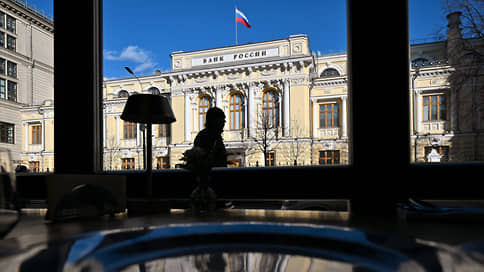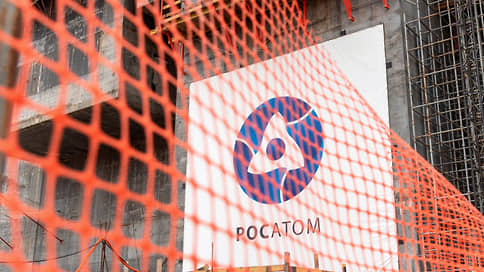The Central Bank proposes to cancel the mandatory assignment in the RSPK for the insurance of goods and warehouses

The Central Bank proposes to cancel the mandatory assignment in the RSPK for segments with significant insurance amounts – insurance of goods and warehouses. The obligatory assignment has been operating since 2017 and actually obliges the state company to accept sanctions risks. According to the Bank of Russia, insurers have opportunities for the development of alternative capacities. However, market participants in return may ask for regulatory messages.
The Central Bank proposes to establish the ban on the RNPK to take risks of cargo and warehouse on insurance premises with insurance premises up to 3-5 billion rubles in reinsurance, it follows from the regulator’s letter sent at the beginning of the month to the All -Russian Union of Insurers (VSS, “Kommersant” got acquainted with it). It is planned to make the relevant changes to the Law “On the Organization of Insurance” regarding the cancellation of the requirements for the mandatory assignment of these risks in the RSPK.
According to the regulator, market participants may well form alternative reinsurance capacities. According to the Central Bank, more than 30 organizations with reinsurance licenses have more than 1 billion rubles. At the same time, their total capital is 742 billion rubles, which surpasses the required 308 billion rubles required according to the standards. and above the RNPK indicator.
The current legislation establishes the rule of the mandatory assignment, according to which 50% or more risks for all contracts must be proposed by the RSPK, and the reinsurer decides to adopt or refuse them. At the same time, the state -owned company is the most significant source of reinsurance capacity. So, according to the Central Bank, according to the results of 2024, contributions accepted by the RSPK to reinsurance for voluntary property insurance reached 90.4 billion rubles, which is 73% of the market volume. As a result, “alternative practices in matters of both tariff formation and the conditions of reinsurance coating … are absent,” the letter notes.
Moreover, according to independent experts Andrei Barkhota, insurers seek to use the assignment, including « to dilute relatively loss -making insurance contracts. » That is, insurers offer RNPK to reinsurance contracts from highly possible segments, including the risks of terrorist acts and sabotage, while the state -owned company cannot refuse them if the contract or insurer under sanctions. President of the RNPK Natalya Karpova in an interview with Kommersant noted that the frequency of large losses is growing. Depending on the segment, growth is from two to ten times, in particular, in recent years, significant growth dynamics is observed in the segments of risk insurance from terrorist acts and sabotage, as well as property insurance (see “Kommersant” of April 9). The “Kommersant” request regarding the proposal of the Central Bank in the RNPK did not respond. The Central Bank also left a request “Kommersant” unanswered.
Experts believe that insurers have many options for the development of alternative capacity. This is “reinsurance of individual large market participants or creating the market for reinsurance bullets, combining the capabilities of many insurers,” said Alexei Yanin, managing director of the ratings of insurance and investment companies, Aleksey Yanin. In particular, the Russian anti -terrorist insurance pool works for the reinsurance of “various risks of terrorist orientation” in the market. Its capacity is 20 billion rubles. For each risk, and it includes 21 insurer, including large companies such as Alfastrakhoval, Rosgosstrakh and VSK. Interrupted insurance companies and VSS did not respond to Kommersant’s request.
However, in unofficial communication, insurers say that they are not too ready for changes. “In order to reinsure risks with retention of 3-5 billion rubles, you need capital 20-30 billion rubles, but there is no such source, but there is a complete distrust of insurers to each other,” says Kommersant’s interlocutor in the insurance market. In this regard, in case of cancellation of the assignment, market participants will surely ask for additional support in a different form, for example, regulatory messages, in particular on capital and reserves, another interlocutor of Kommersant said.








